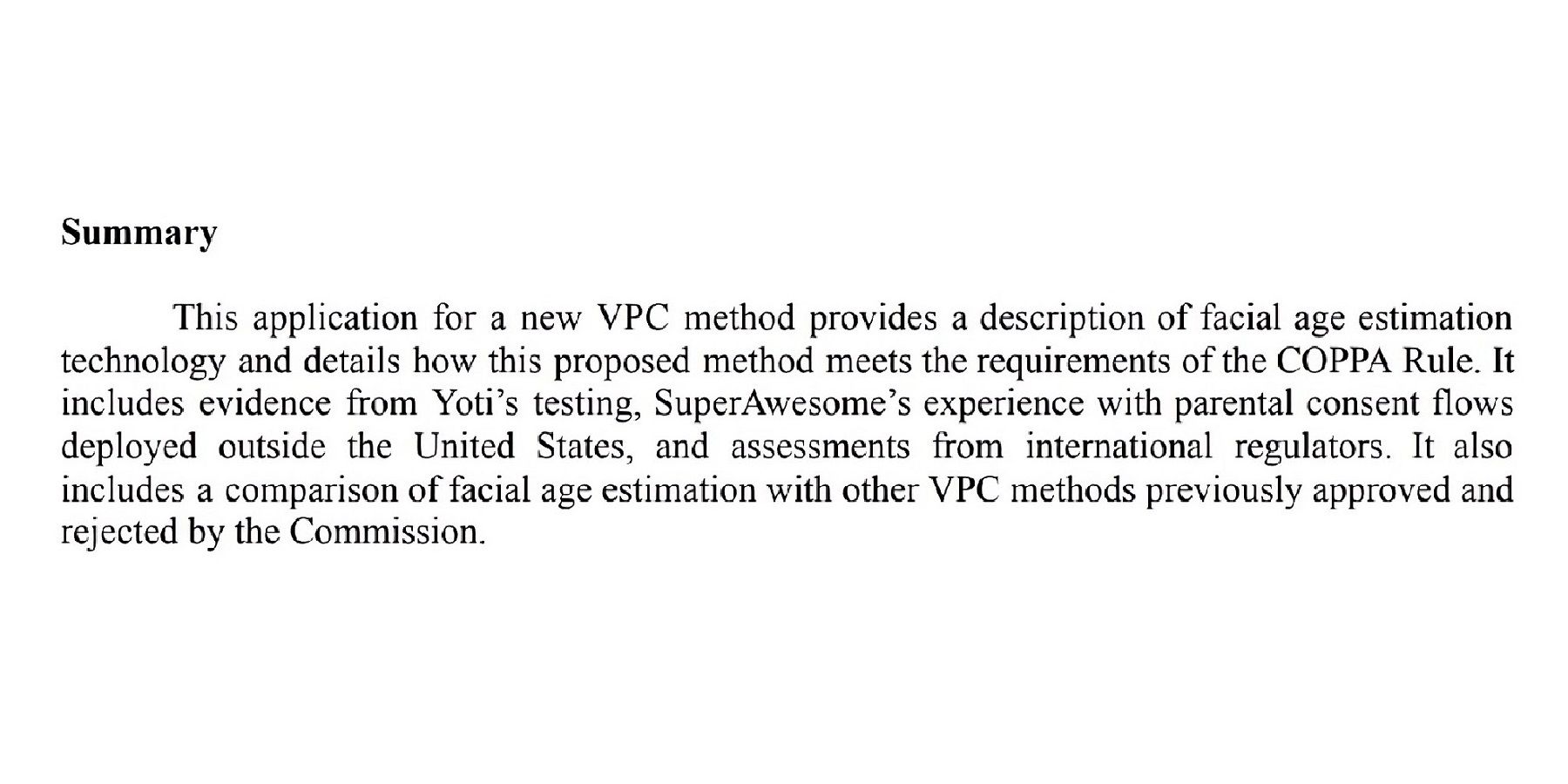
ESRB's Groundbreaking Move: Revolutionizing Age Verification in Video Games with Facial Recognition!

The ESRB plans to utilize facial recognition technology to authenticate players' ages, granting access to video games only after verifying their age
Highlights
The ESRB has put forward a suggestion to the FTC, proposing the implementation of facial recognition technology in order to prevent minors from accessing video games that are rated for mature audiences.If this proposal gets approved, underage gamers would face restrictions in playing games with a Mature rating from the ESRB, as their access would be limited through the use of facial recognition checks.
Despite concerns over the accuracy of facial recognition technology and the potential abuse of captured image data, the ESRB is confident that the advantages outweigh the risks. The Entertainment Software Ratings Board (ESRB) is currently exploring the use of real-time facial recognition technology as a means to grant gamers access to mature-rated video games. The ESRB's proposal has been submitted to the Federal Trade Commission for approval, and the accompanying document provides a comprehensive explanation of the practical implementation of this technology.
The ESRB's rating system is widely used for PlayStation, Xbox, and AAA PC games, so any real-time recognition technology would need to be innovative or find a way to utilize existing hardware effectively. Currently, the FTC is reviewing the ESRB's proposal, and the specifics of the document may cause concerns for some.
Recently, the ESRB collaborated with SuperAwesome, an Epic Games subsidiary, and Yoti, a digital identity solutions company, to submit a proposal to the FTC. The proposal suggests the potential use of facial recognition technology to prevent minors from accessing mature-rated media. Yoti and SuperAwesome's Privacy-Protective Facial Age Estimation tech is said to accurately determine a person's age, ensuring that the ESRB's ratings cannot be easily disregarded or bypassed.
In essence, the proposal implies that individuals under the legal age would no longer be able to participate in any video games with a Mature rating determined by the ESRB. This restriction would be enforced through a facial recognition verification process, preventing underage gamers from accessing such titles. The proposal further asserts that even though facial recognition images would be transmitted to Yoti's servers, these files would be promptly and permanently erased, eliminating any possibility of using them to train Yoti's algorithm.
If the ESRB's proposal is accepted, the best RPG titles rated for teenagers would be easily accessible to any gamer identified as a teenager or older by Yoti. Although this may seem promising, there are significant concerns to consider. It is uncertain how accurate Yoti's exclusive face recognition technology is, and there is no way to guarantee that the captured image information will not be exploited for malicious intent. Nevertheless, the ESRB argues that any potential risks are outweighed by the benefits for consumers and businesses.
ESRB ratings have traditionally served as intriguing insights into games before their release, as seen in the case of Starfield's detailed descriptions of romantic encounters. However, it appears that the ratings board now has a more hands-on vision for its future purpose. Whether the FTC will approve this proposed implementation is yet to be determined.
Source: FTC (via GamesIndustry.biz)









